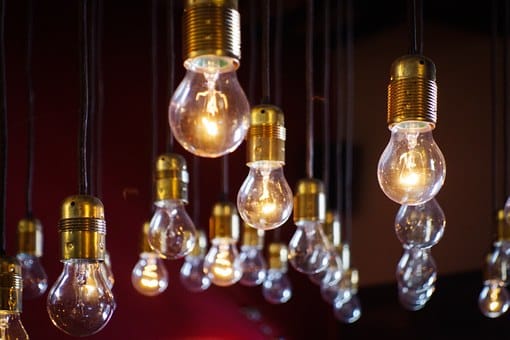New Jersey to Invest Over $185 Million in Low and Moderate-Income Energy Efficiency Programs

The New Jersey Board of Public Utilities on Jan. 27 announced that it has secured more than $185 million in federal funding from the U.S. Energy Department for three energy efficiency rebate programs funded through the 2022 Inflation Reduction Act.
These energy efficiency programs will particularly benefit low and moderate-income residents, as they are more likely to live in older buildings with outdated, less efficient technology. Switching to the latest energy-efficient technology will not only help save on utility costs but also reduce greenhouse gas emissions.
The grant amount is evenly split between the Home Efficiency Rebates (HER or HOMES) and the Home Electrification and Appliance Rebates (HEAR) programs, with each receiving just over $91 million. Training for Residential Energy Contractors (TREC) program will receive the remaining funding, amounting to approximately $3.5 million to train professionals with the skills and knowledge of energy efficiency technology.
Under the act, the HOMES program provides $4.3 billion to discount the price of energy-saving retrofits in single-family and multi-family buildings and the HEAR program provides $4.5 billion in rebates for high-efficiency electricity upgrades in homes. The programs provide energy rebates for residents to cover the costs of energy efficiency retrofits, switching to electric appliances, and full home electrifications. These efficiency upgrades can include weatherization, and using heat pumps for heating water and air.
For low-income residents, the grant will fund two initiatives–M-RISE, which supports whole building energy efficiency installations such as wall insulation, and duct repairs, and CP-HEAR, which will support low-income residents in the state’s existing Comfort Partners energy efficiency through upgrading electric panels and wiring.
The funding for the home rebate programs will support New Jersey’s existing Triennium energy efficiency program. The first phase of the Triennium program provided $1.25 billion for residents and resulted in approximately $600 million in utility bill savings. The program reduced annual electricity consumption by 3 million megawatt hours, annual natural gas consumption by 8.5 million MMBtu, and 1.4 million metric tons of greenhouse gas emissions per year.
In October 2024, the board approved $3.75 billion for the second phase, or T2, of the multi-year Triennium energy efficiency program. New Jersey’s gas and electric utilities will implement T2 from Jan. 1, 2025, to June 30, 2027.
EnerKnol Pulses like this one are powered by the EnerKnol Platform—the first comprehensive database for real-time energy policy tracking. Sign up for a free trial below for access to key regulatory data and deep industry insights across the energy spectrum.
ACCESS FREE TRIAL